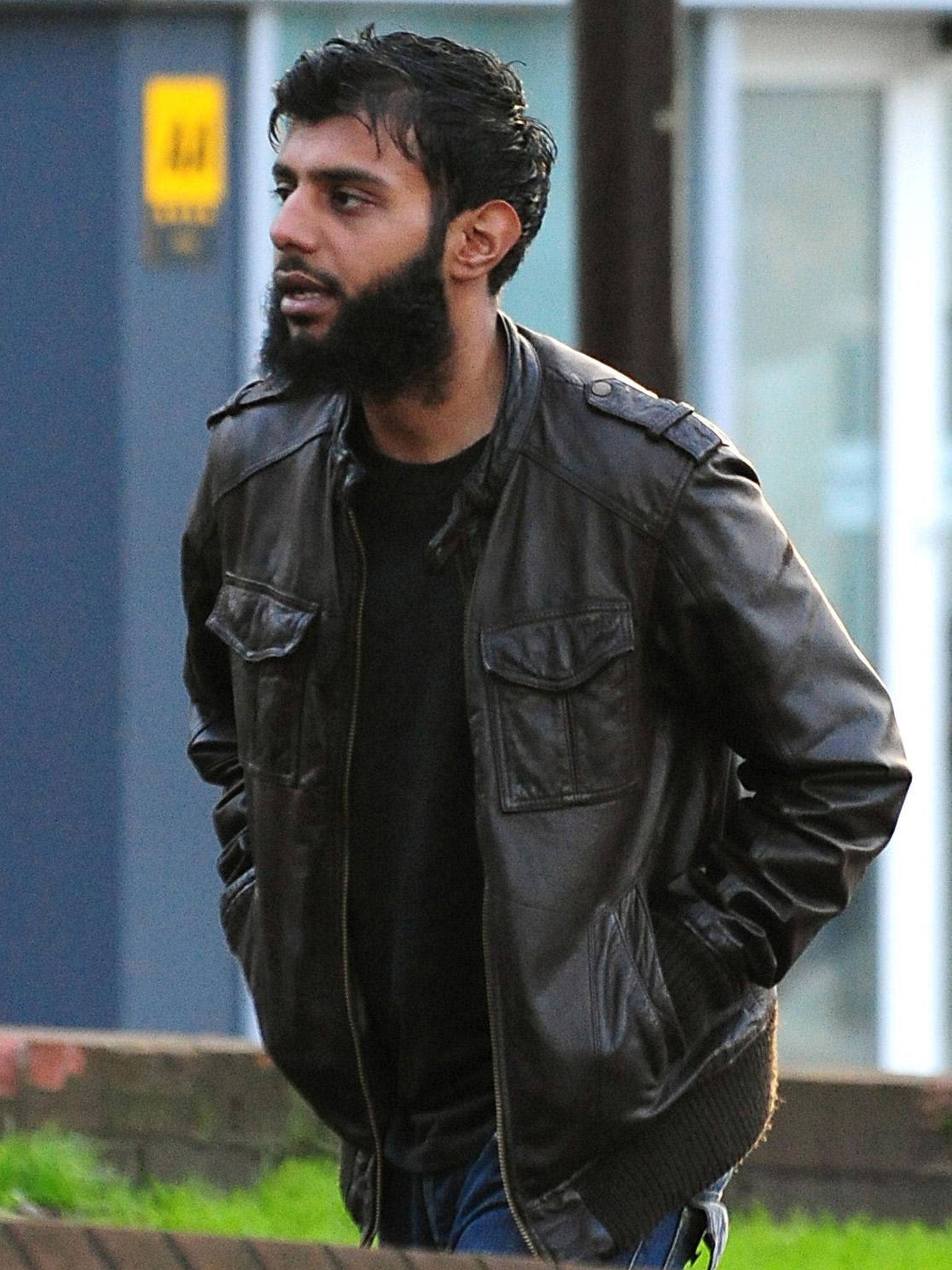BBC's Newsbeat reprimanded for letting Isis fighter compare jihad to Call of Duty
Youth news show criticised by BBC Trust

Your support helps us to tell the story
From reproductive rights to climate change to Big Tech, The Independent is on the ground when the story is developing. Whether it's investigating the financials of Elon Musk's pro-Trump PAC or producing our latest documentary, 'The A Word', which shines a light on the American women fighting for reproductive rights, we know how important it is to parse out the facts from the messaging.
At such a critical moment in US history, we need reporters on the ground. Your donation allows us to keep sending journalists to speak to both sides of the story.
The Independent is trusted by Americans across the entire political spectrum. And unlike many other quality news outlets, we choose not to lock Americans out of our reporting and analysis with paywalls. We believe quality journalism should be available to everyone, paid for by those who can afford it.
Your support makes all the difference.Newsbeat, BBC Radio’s youth-orientated news service, has committed a “serious breach” of editorial guidelines by broadcasting an interview with a British jihadi who compared fighting for the terrorist group Islamic State to playing a computer game.
The BBC Trust said Newsbeat had a “responsibility to protect children and young people from unsuitable content” and that the broadcast should have come with an appropriate warning for Radio 1 listeners, many of whom are at school.
In the piece, broadcast last June, Newsbeat used a clip from an online video called The Isis Podcast, in which a young British man using the name Abu Sumayyah Al-Britani talked of the pleasures of jihad.
The Isis fighter was introduced as “speaking from an internet café near his training camp in north-west Syria”. A Newsbeat reporter said: “Some say Isis is overtaking Al Qaeda as one of the world’s most dangerous jihadist organisations. Sumayyah believes what they are fighting for is right.”
The terrorist was then heard saying: “It’s actually quite fun. Better than, how you’d say, what’s that game called, Call of Duty. It’s like that but really… 3D you know. You can see everything that’s happening in front of you, you know it’s real, you know what I mean?”
The Trust found that Newsbeat had also failed to sufficiently challenge the statements put forward in the Isis video and had failed to meet the BBC Editorial Guideline that demands that “contributors expressing contentious views, either through an interview or other means, must be rigorously tested”.
The BBC executive argued that the film gave young listeners “a rare and valuable opportunity to understand through first-hand testimony the motivation of an individual who had chosen to fight with Isis”.
But it accepted that the report “should have been preceded by a warning” and that “more contextual information” should have been included. It stressed that the film was not an Isis propaganda vehicle but a podcast produced by two freelance journalists studying the terror group.
Join our commenting forum
Join thought-provoking conversations, follow other Independent readers and see their replies
Comments